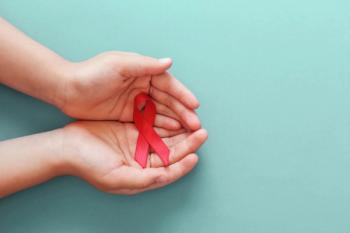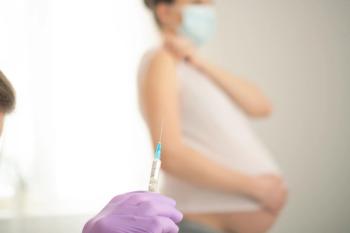
FDA issues EUA for bamlanivimab and etesevimab to treat COVID-19
The US Food and Drug Administration (FDA) issued an emergency use authorization (EUA) of monoclonal antibodies bamlanivimab and etesevimab to treat mild coronavirus disease 2019 (COVID-19) in both pediatric and adult patients.
The US Food and Drug Administration (FDA) has given an
The authorization was based on a clinical trial of patients with COVID-19 at risk of disease progression. Participants were given an intravenous infusion of bamlanivimab (2800mg) and etesevimab (2800mg) that was administered together. The dose significantly reduced hospitalization and death related to COVID-19 over the course of 29 days of follow-up when compared to a placebo. The efficacy and safety is under continual evaluation.
Possible side effects include pruritus, rash, dizziness, and nausea. Serious and unexpected adverse effects were observed with bamlanivimab, both with and without coadministration of etesevimab, and included infusion-related reactions, anaphylaxis, and hypersensitivity. Clinical worsening after receiving bamlanivimab has been noted, but it’s unknown whether this was because of progression of COVID-19 or because of bamlanivimab use. Additionally, bamlanivimab and etesevimab are not authorized for use in patients who are hospitalized because of COVID-19 or require oxygen therapy because of the disease.
In the press release from the FDA for the authorization, Patrizia Cavazzoni, MD, acting director of the FDA’s Center for Drug Evaluation and Research said, “Today’s action, which provides another treatment for COVID-19, reflects the FDA’s strong commitment to working with sponsors to expand potential treatment options health care providers can use to fight this pandemic. As part of our Coronavirus Treatment Acceleration Program, the FDA uses every resource at our disposal to make treatments such as these monoclonal antibodies available while continuing to study their safety and effectiveness.”
Reference
US Food and Drug Administration. Coronavirus (COVID-19) update: FDA authorizes monoclonal antibodies for treatment of COVID-19. US Food and Drug Administration. Published February 9, 2021. Accessed February 11, 2021.
Newsletter
Access practical, evidence-based guidance to support better care for our youngest patients. Join our email list for the latest clinical updates.








